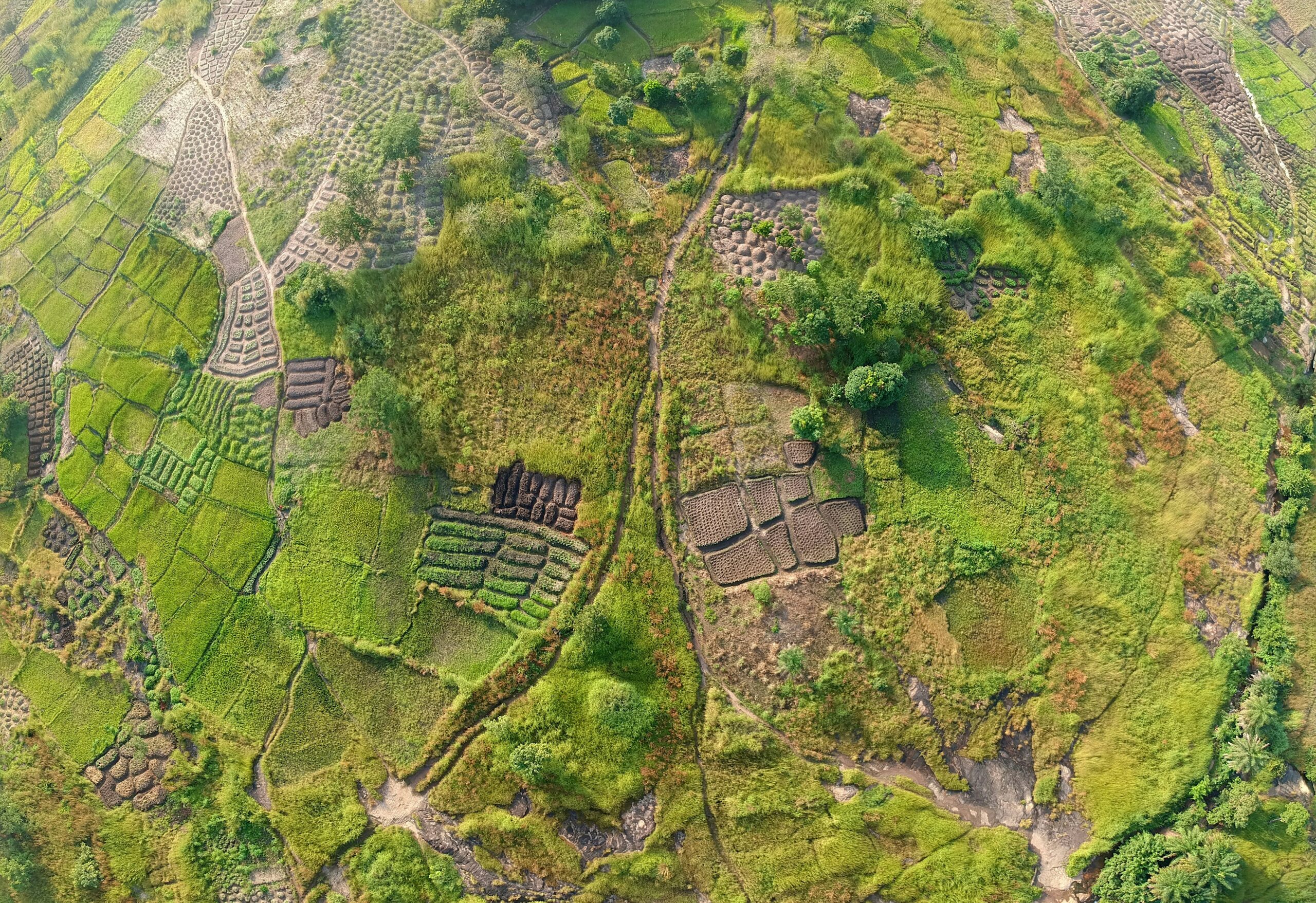Coordinators: David Sumpter (Uppsala University); Denis Ndanguza ( University of Rwanda)
Researchers involved: James Herbvert-Read (Zoology, University of Cambridge); Stellenbosh, Solomon Gizaw, Addis Abeba University)
We will explore the application of artificial intelligence (AI) in conservation, sustainable agriculture, and monitoring land use. The first area of focus is conservation, where AI can be used to predict the movement of animals in parks, such as gorillas in Virunga national park or . We will utilise models of collective animal behaviour to help visitors have a greater chance of encountering these animals, while maximising the animals well-being. This project will also leverage data from GPS devices to enhance understanding and management of animal movements.
In sustainable agriculture, AI plays a crucial role in optimising crop production. We will develop algorithms which help farmers to monitor the health status of their crops and determine which fertilizers are most suitable for different types of crops and seasons. For example, one approach is automated methods for identifying more efficient and effective farming practices. Currently, the project is being extended by agricultural specialists to further explore the potential of AI in this field. We will also use our specialisation.
Finally, this project addresses the need to monitor and understand land use changes. Machine learning methods can assist in analysing landsat satellite dataset. The project aims to identify patterns in forest plantation, houses construction, and road development. This knowledge can inform decision-making processes that promote sustainable land use practices.

